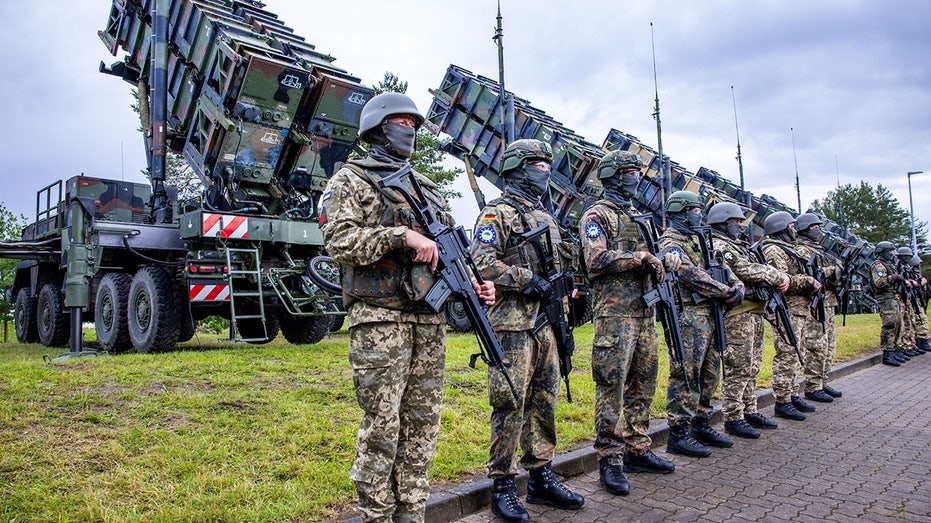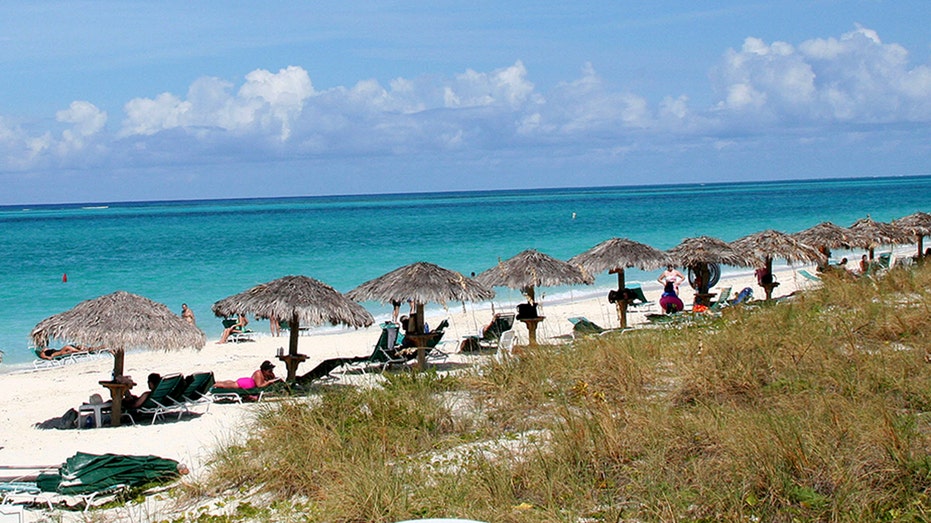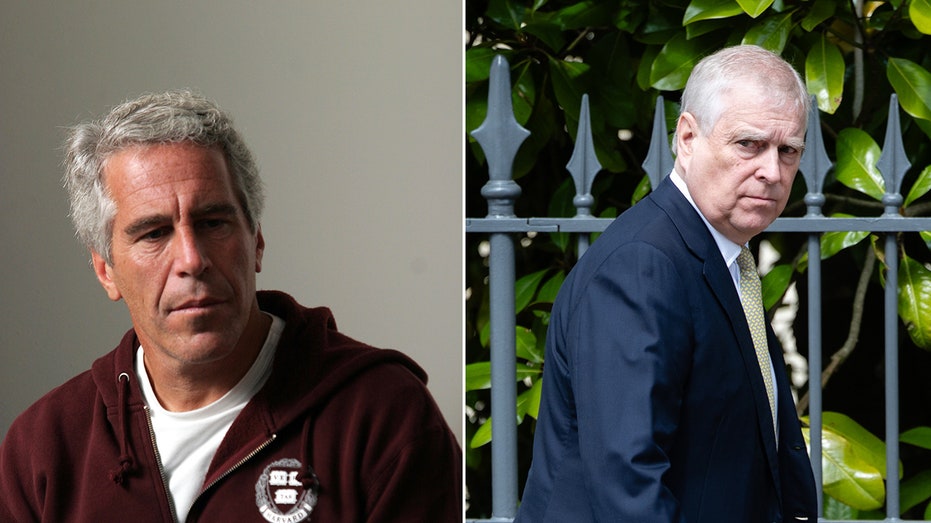Papal Conclave: Wildly Different from U.S. Elections, and Anything Goes

Sarah Johnson
April 27, 2025
Brief
With Pope Francis's passing, the College of Cardinals prepares for the secretive conclave to elect the next pope, as speculation swirls around potential successors and Church direction.
The world is bidding farewell to Pope Francis, and all eyes are now on the College of Cardinals, who are gearing up for the secretive and time-honored process of choosing the next leader of the Roman Catholic Church.
The conclave, set in motion by Cardinal Kevin Ferrell—the camerlengo—will begin 15 to 20 days after the pope’s passing. The process, steeped in tradition and mystery, is famously unpredictable. As Tim Gabrielli, a Catholic scholar at the University of Dayton, bluntly put it, "Anything could happen." If you think U.S. elections are confusing, just wait until you see a conclave—where even the experts admit they’re mostly guessing.
This time, potential candidates include Italian Cardinal Pietro Parolin, Filipino Cardinal Luis Antonio Tagle, Hungarian Cardinal Peter Erdo, and American Cardinal Raymond Burke. But no one is betting the house on any name just yet. After all, Pope Francis himself was hardly a frontrunner back in 2013 when the cardinals made their last unexpected pick.
Inside the Sistine Chapel, the cardinal electors—everyone under 80—will be locked away from the media and all outside influences. There, they’ll cast secret ballots, needing a two-thirds majority to elect the next pope. The world will be watching for the famous smoke signals: black means no decision, white means a new pope has been chosen. Forget exit polls—this is the original spoiler-free event!
Gabrielli warns against reading the conclave like an American election. While it’s tempting to map cardinals onto political parties, the Church plays by its own set of rules. Priorities and emphases shift in ways that just don’t fit the red-versus-blue narrative.
Pope Francis, remembered for his progressive streak and efforts to expand equality within the Church, made headlines with his openness to divorced Catholics, same-sex couples, and climate change activism. He also worked to make the College of Cardinals more global, appointing over 100 new cardinals—many from developing nations—during his 12-year papacy.
Now, 252 living cardinals exist, but only a maximum of 120 electors under the age of 80 get to vote, a cap set by Pope John Paul VI in 1975. It’s anyone’s game, with some cardinals seen as likely to continue Francis’s legacy, while others may take the Church in a different direction. As for who’ll come out on top? The only sure bet is that the process will keep everyone guessing.
Topics
Editor's Comments
You know it’s serious when the world is watching a chimney for smoke updates—move over, cable news! The conclave’s secrecy makes American election drama look like a reality TV rerun, and honestly, I’m half-convinced the next pope could be the ultimate surprise candidate. I mean, if you think your HOA meetings are tense, try a room full of cardinals with no phones and a centuries-old dress code.
Like this article? Share it with your friends!
If you find this article interesting, feel free to share it with your friends!
Thank you for your support! Sharing is the greatest encouragement for us.



